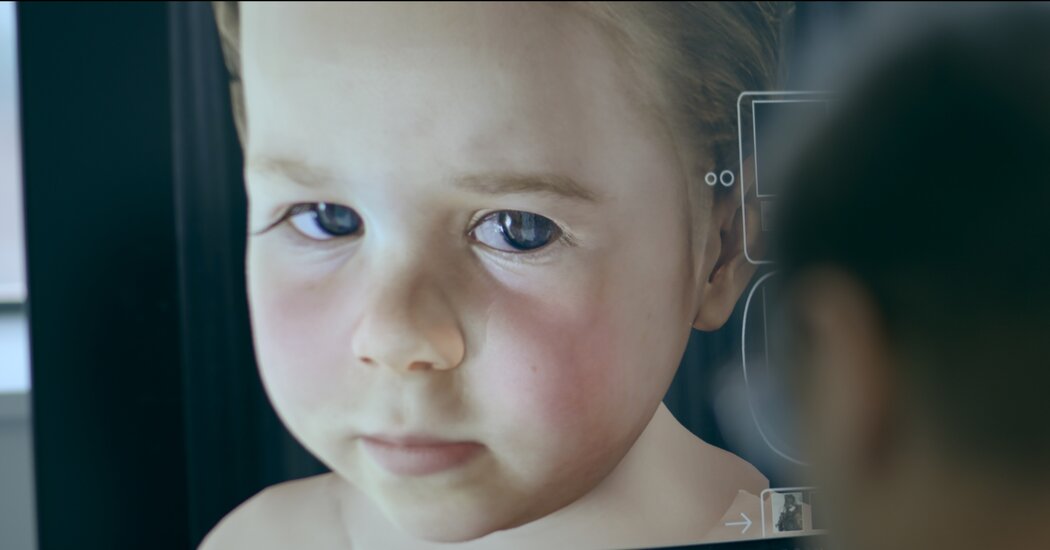In the 1960s, the science-fiction writer Arthur C. Clarke coined a useful adage: “Any sufficiently advanced technology is indistinguishable from magic.” He was right, as demonstrated by the almost mystical reverence with which people tend to describe artificial intelligence tools like ChatGPT. We know it’s just software. We even kind of understand how the program works. But because it’s so advanced that it feels uncanny — like it knows me — we treat it with veneration and a little fear, as if it is a god and not a creation.
And, increasingly, we turn to A.I. to answer the sorts of questions and fulfill the kinds of longings that religion once solved. That is the topic of the new documentary “Eternal You” (available on demand and directed by Hans Block and Moritz Riesewieck).
As the title suggests, “Eternal You” is mostly concerned with a very particular use of A.I.: giving users the illusion of talking to their dead loved ones. Large language models trained on the deceased’s speech patterns, chat logs and more can be made to imitate that person’s way of communicating so well that it feels to the grief-stricken as if they’re crossing the border between life and death. Those tools can be comforting, but they’re also potentially big business. One of the film’s subjects calls it “death capitalism.”
Source link




